The leader of Dundee University’s rescue taskforce says the institution can chart a path back to recovery after months of crisis.
Sir Alan Langlands – who was principal of the city institution between 2000 and 2009 – was asked by the government to chair the group set up to advise on its future.
Speaking exclusively to The Courier, Sir Alan set out what he believes are the main challenges the taskforce will grapple with.
But 16 years since he left Dundee to lead the English higher education funding council, why did he agree to get involved in the £35 million crisis that put the future of the university in doubt?
‘I didn’t hesitate’
“When I was asked to do this I didn’t hesitate,” he said.
“I came back because I care about the institution. Of course, although I left in 2009 I went off to be chief executive of the Higher Education Funding Council for England.
“Subsequent to that I was vice chancellor of the University of Leeds. So I’ve been a vice-chancellor for 16 years in two different places, which is quite unusual.
“I understand it from all these different perspectives and I’ve kept in touch. I have an affection for Dundee University and the city.”
Staff at Dundee University who worked with Sir Alan while he was principal speak highly of his time in charge.
Staff confidence after Sir Alan Langlands appointed
One senior insider said his appointment “raised confidence” in the government’s response.
Asked about his confidence in the university’s future success, Sir Alan insisted it could turn its fortunes around.
“I think it has to,” he said.
“One of the reasons I signed up to this was there was a very clear and explicit commitment from the Scottish Government to insure the long term future, and the economic, social and cultural impact of the university.
“They made it very clear they want to encourage the university’s leaders to protect the interests of students and staff.
“The university and the city is inextricably linked. That’s why in setting up the taskforce, there’s been a lot of attention in understanding the university has an impact on the city and the country as a whole.
“There is clear data to support that.”
He admitted the sector as whole is over-dependent on international students leading to challenges across the UK.
“In my view they had to be dependent on that, because a lot of it was subsidising diminishing research funding,” he said.
Sir Alan also identified the key challenges his taskforce will try to overcome.
But the terms of reference set by the government make clear the group will act in an advisory capacity, and it will be for the university, the Scottish Funding Council and the government to make decisions.
The investigation into potential mismanagement is also being conducted separately.
Sir Alan added that he will, when necessary, be prepared to challenge the university and the government.
“I don’t think they’re looking for some beautifully printed big report,” he said.
“I think they’re look for advice and maybe challenge sometimes. I hope the taskforce itself, the people who collaborate, will be enthused in taking action.
“Action will speak more than words, it will take a little bit of time to get everyone pulling in the right direction.”
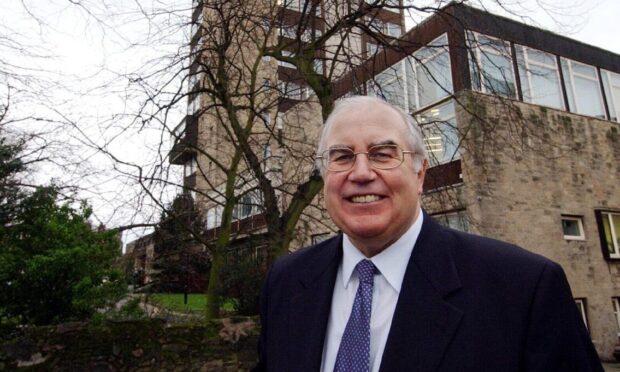
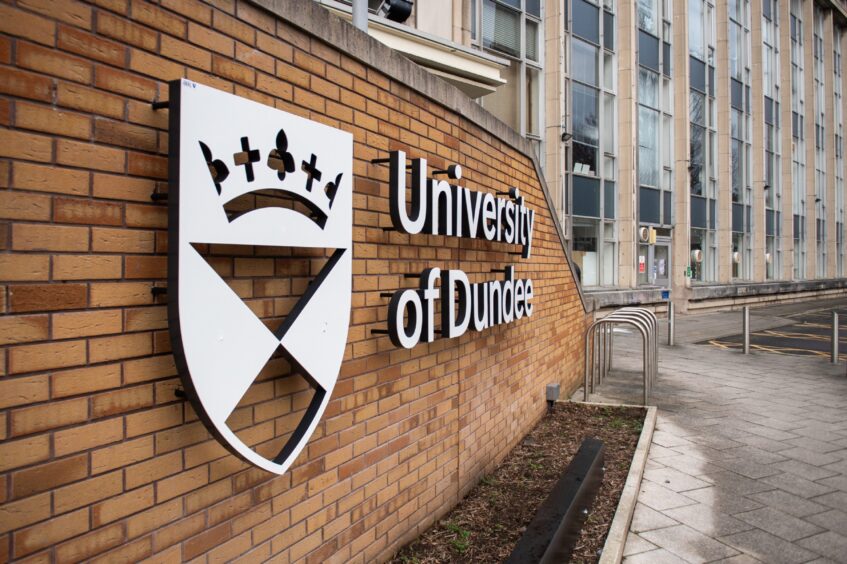
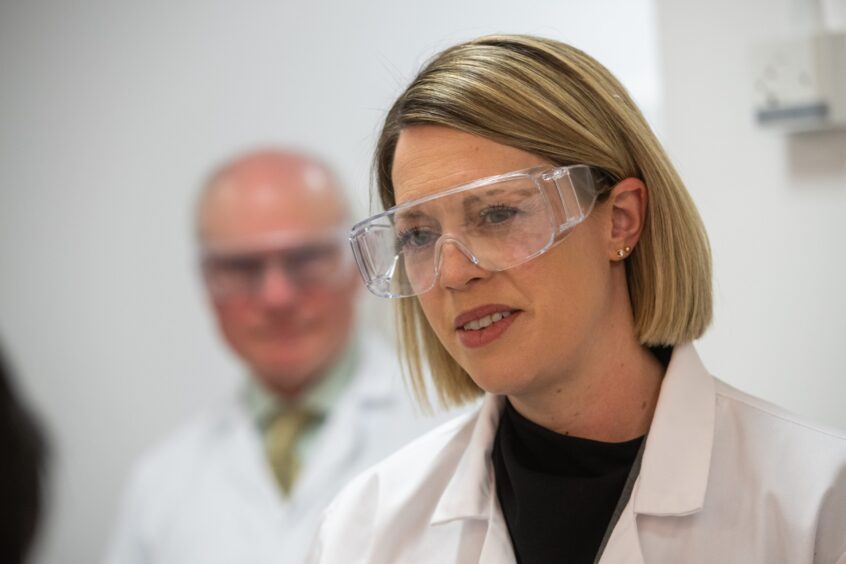
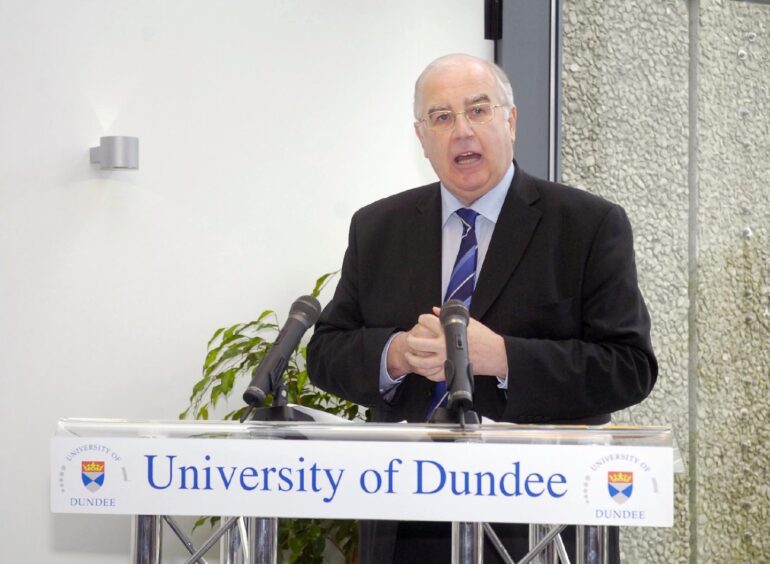





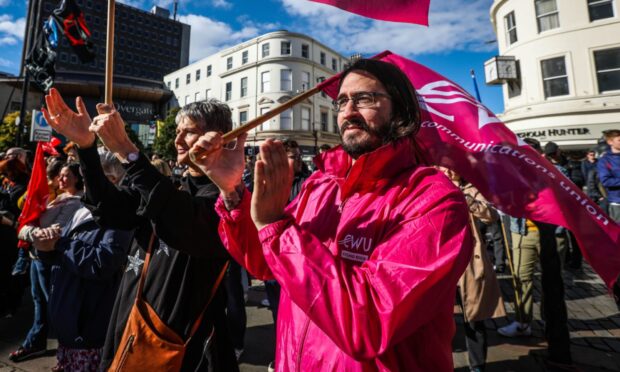
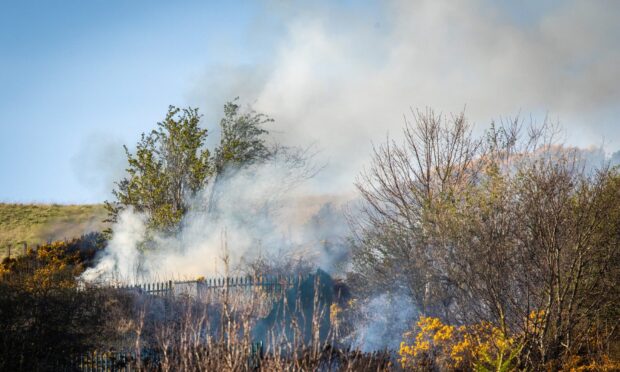
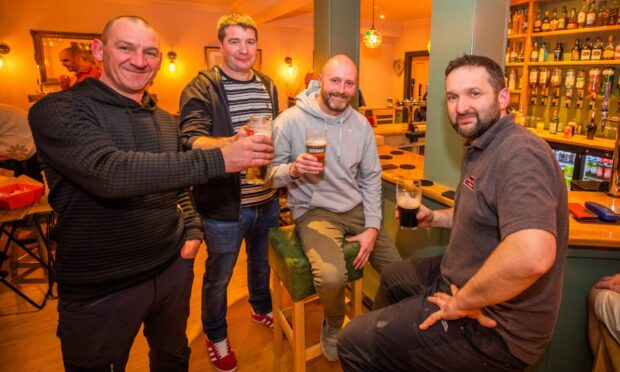
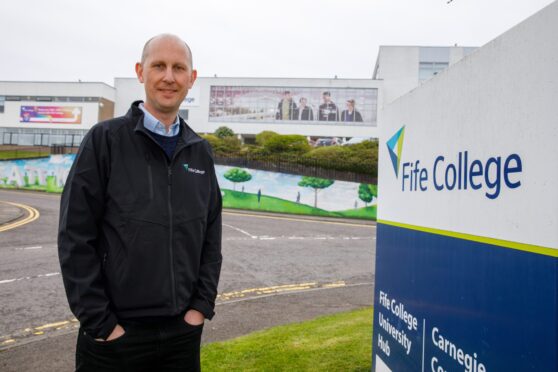

Conversation